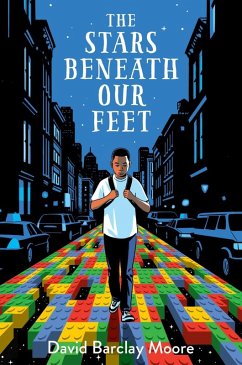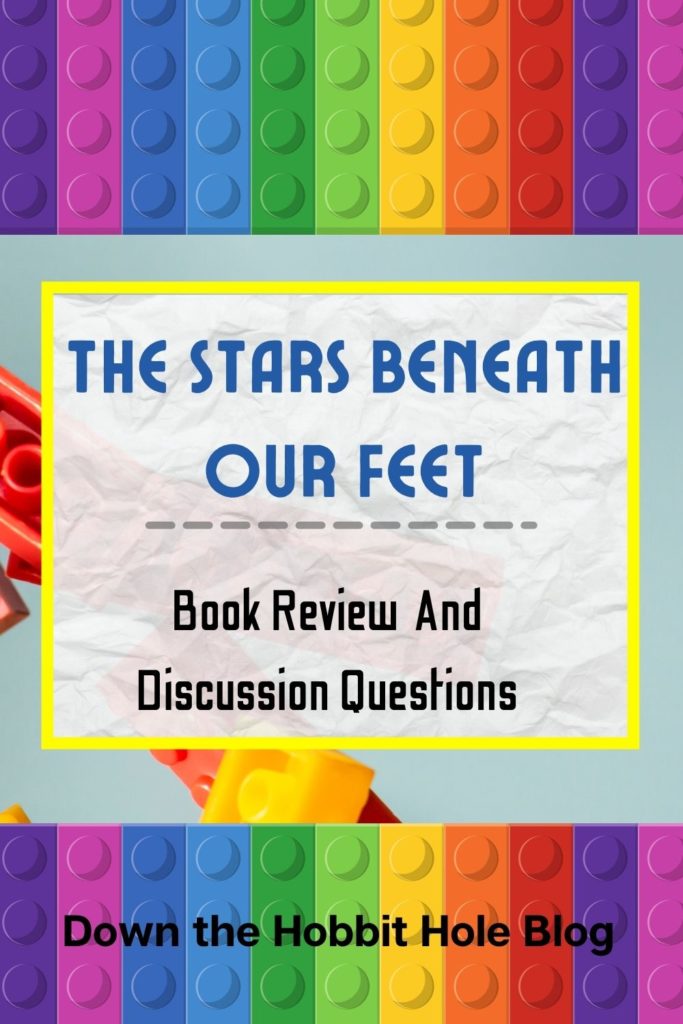




"I really strongly believe in the healing power of art. He says that there is an intentional connection between how Lolly and his friends approach their creativity in the novel and how it heals them. It helped kind of heal me in a lot of ways." "For me, writing this book as a creative act was very therapeutic for me. "Part of the reason why I wrote the book is because I was dealing with the death of my own brother in real life," Moore explains. He notes that the profound effect Lolly's hobby and his friends have on him is an example of how creativity can help someone heal after a traumatic event - something that he can attest to personally. "But that being said, the mental health therapy that is delivered to Lolly in this book is not the best.That whole journey the (he) takes with the therapist is a faulty journey, but I think it's one that is worth taking a look at." I think it's something that we as a community don't address and don't take seriously," says Moore. "Mental health issues within the African American community are very important, very serious. In addition to the main character's interest in architecture, it's also about his budding friendship with a girl who may have autism that helps Lolly the most, more so than the social worker who is assigned to his case. The Stars Beneath Our Feet tells the story of Lolly, a boy whose passion for building with Legos helps him cope in the wake of his brother’s death from gun violence. This work provided the underpinnings of his new middle grade novel set in and around a public housing development in Harlem. And were so resilient that they were able to maintain, and thrive - which is not easy," says Moore. "It would just always amaze me that these kids who were so enthusiastic and lively, at the same time would be going through so much trauma in their lives. This experience helped him to understand, first hand, the challenges faced by many of the people living in concentrated pockets of public housing. His work involved shooting short-form videos that told stories about the people the group was seeking to help. Writer David Barclay Moore worked for eight years for the New York-based anti-poverty nonprofit, Harlem Children’s Zone.


 0 kommentar(er)
0 kommentar(er)
